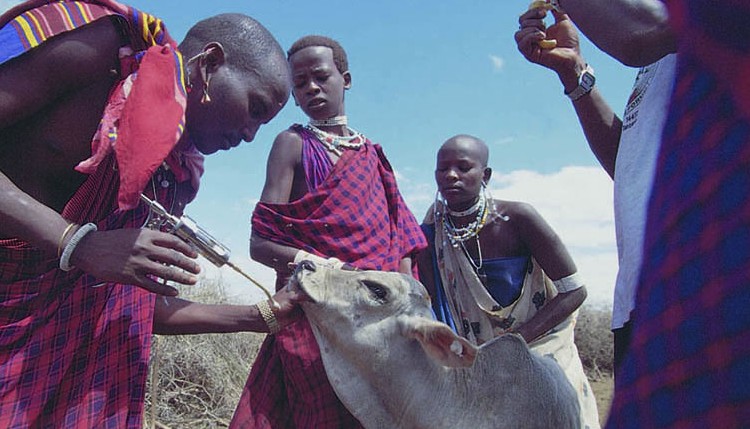Colorado State University is performing a study which will attempt to unveil whether increasing antibiotic resistance by humans is related to farming practices. Scientists believe that the rise of ‘superbugs’ may directly attributable to the practice of giving antibiotics to livestock. These superbugs defy traditional treatments and are immune to many antibiotics.
There will be seven research projects. By tracing DNA they believe they can find the connection between animals and humans. Although most of the research will be performed on cattle at both ranches which send them to slaughter, and on dairy farms, others will examine farms which raise pigs and chickens.
Antimicrobial agents have been in used for more than 70 years, and are credited with saving millions of lives. The widespread use of these life-saving drugs have allowed the very infectious diseases they are meant to destroy to become resistant. Many of the drugs have become ineffective.
The CDC reports that because of this resistance, infectious disease kills 23,000 people annually in the United States.
A similar situation exists this year with influenza. This year’s strain has mutated and the vaccine is reported to be only 23 percent effective.
Scientists are hopeful that this $2.25 million grant from the Department of Agriculture will help them understand the relationship between animals, men and antibiotics.
By James Turnage
Sources:

